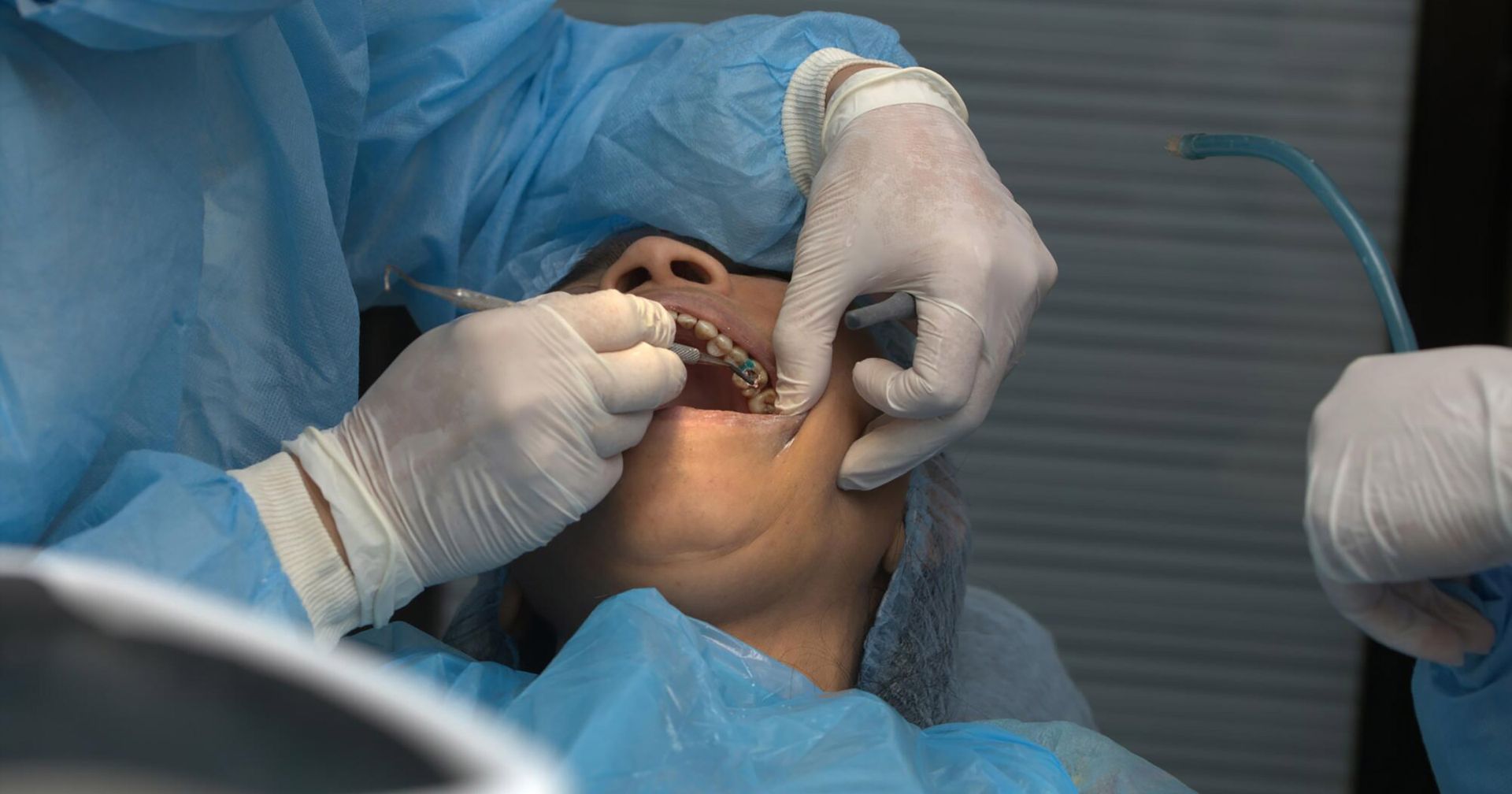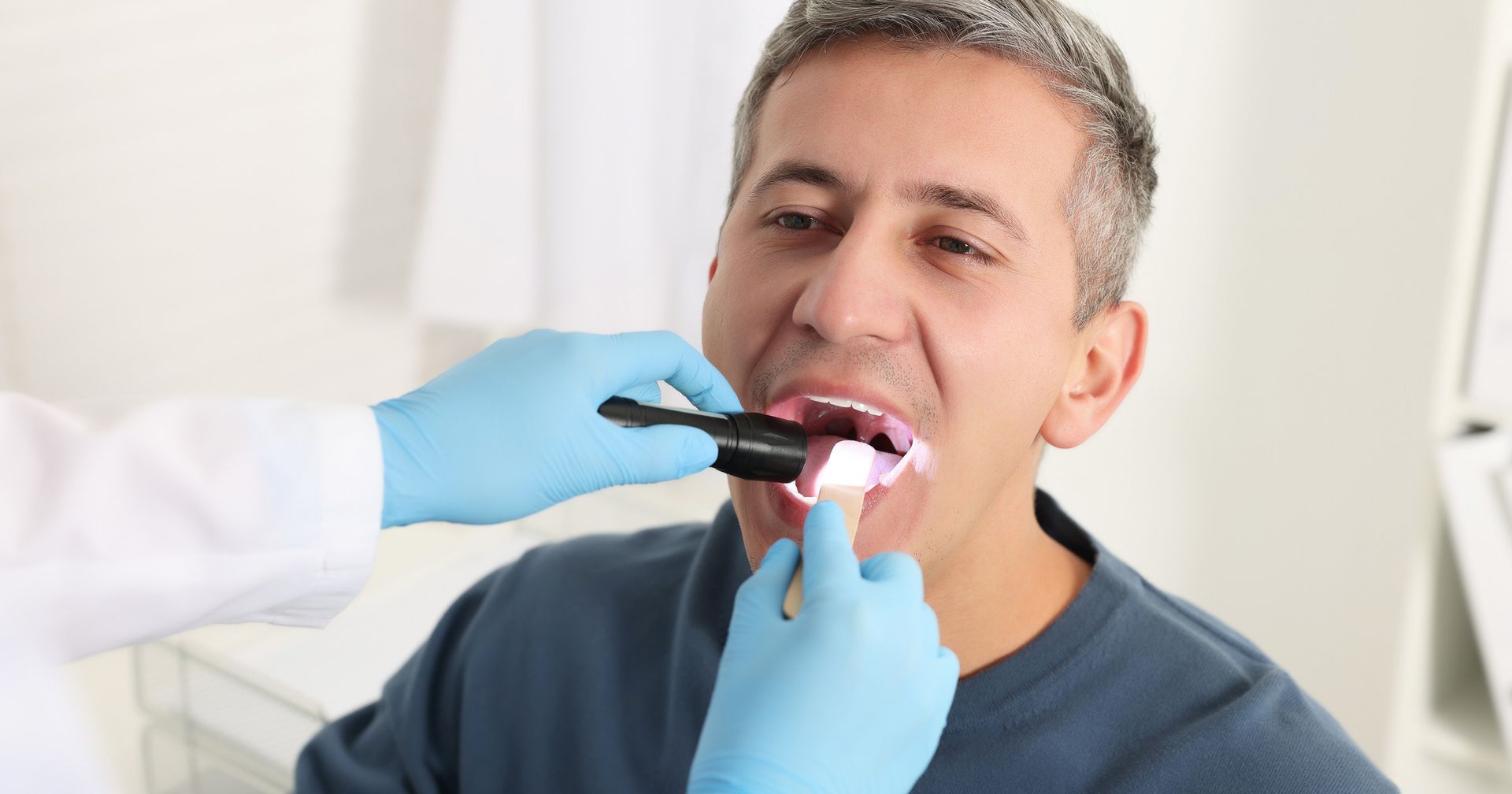5 Signs You Have a Dental Implant Infection
It is possible to get an infection after a dental implant. This guide on dental implants lists 5 signs you may have a dental implant infection.
Almost 70 percent of American adults between 35 to 44 years of age have lost at least one permanent tooth. Whether it's due to dental decay, trauma, or gum disease, they could all benefit from a dental implant.
Dental implants are a helpful and relatively common dental procedure. An estimated 500,000 people have these procedures each year in the US, more than half of which happen in a general dentist's office. Even though most implants go in without a hitch, rare complications like infections are possible.
Read on for a look into the most common dental implant infection signs and what to do if you notice them after your procedure.
1. Pain and Trouble Chewing
Having some pain is normal after any invasive dental procedure. However, it should be controllable with a prescription or over-the-counter pain medicine. If your pain increases or spreads, especially to the point of interfering with talking and chewing, you could have an infection.
2. Fever, Redness, and Swelling
Like pain, a bit of swelling around the surgery site is normal after getting dental implants. It should go down after the first few days, though. Increased swelling and redness, especially when accompanied, by fever, is a symptom of infection.
3. Constant Bad Taste in Your Mouth
Dental implant infections are due to a buildup of bad bacteria and debris. As these sit in your gums and leak into your mouth, you might find yourself with a bizarre bad taste in your mouth that doesn't go away. You may also notice a constant case of bad breath.
4. Bleeding or Leaking Pus
When an infection is present, red and white blood cells rush to the affected area to destroy the pathogens. In the case of your gums, this means you may end up with blood and pus leaking into your mouth. If you have bleeding that persists or increases after the first few days, it's likely due to infection.
5. Loose Implant
Dental implants are screwed directly onto the bone in your jaw to keep them from coming loose. Once your implant is put in, it should remain stable for the rest of your life. A loose or wiggling implant is a sign that something went wrong, and you may need another procedure to fix it.
Frequently Asked Questions About Dental Implant Infections
Whether you're heading into a dental implant procedure or already had one done, it's helpful to be informed. Now that you know the signs of infection, let's dive a bit deeper.
Here are some of the most frequent questions that patients ask about implants and infections.
How Do Dental Implants Work?
Dental implants replace a missing tooth permanently, unlike dentures or bridges.
The dentist first installs a small screw-like structure into your jawbone. This forms the "root" of your new tooth. If you've had severe bone loss in your jaw, they may need to perform a bone graft beforehand.
This implant stimulates your bone to regrow, making your new tooth more stable. Once the root has healed, your dentist will attach the top of the implant. The result is a permanent tooth that both looks and feels natural.
Why Do Dental Implant Problems Happen?
There isn't one singular cause of infection in dental implants, and often, multiple factors combine to make it possible.
Patients who have underlying conditions like diabetes, periodontitis, or cancer are at a higher risk of poor healing. Let your doctor know ahead of time if you have any of these conditions so they can take the appropriate precautions.
Severe bone loss in the jaw can be another cause of problems. This can be due to advanced periodontitis or taking biphosphate medications for cancer or osteoporosis. Bone loss is usually repaired via graft, but it can still increase your chance of complications.
In some cases, it's the surgical technique that's to blame. That's why it's vital to visit a dentist with extensive implant experience and a good track record.
Finally, poor dental hygiene and not following aftercare instructions can also cause dental implant problems. After your implant, expect to adhere to the following rules:
- Reduce your physical activity
- Follow the recommended diet (to avoid loosening the implant)
- Take any prescribed antibiotics or other medications
- Practice good, but gentle, dental hygiene
Your dentist may give you more specific care guidelines. For the best results, be sure to follow them to the letter.
What Should I Do If I Notice Dental Implant Infection Signs in My Mouth?
If you notice one or more of the above signs of dental implant infection, time is of the essence. Ignoring the problem and hoping it will go away won't only make things worse, but it could also put you at risk of the infection spreading to your body.
Call your dentist immediately if you notice any of these signs. If you think your dentist is at fault and aren't comfortable with having them repair the damage, call the Dental Arts of Bedford to have one of our doctors see you for an emergency appointment.
How Can I Avoid Dental Implants Problems?
If you don't want to experience an infection or other dental implants problems, it's crucial to follow your aftercare instructions closely.
Even more important than that, though, is to see a reputable, experienced dentist for your procedure. Patients can rest assured that as long as they take care of their post-op mouth, they won't have to deal with infections after visiting the Dental Arts of Bedford.
Can I Afford Dental Implants?
Many people are unsure about dental implants because the procedure seems expensive. In reality, it can be a cost-effective approach that helps you save money on future restorative procedures.
You can read more here about why they're a safe and worthwhile investment in your oral health.
If You Think You Have a Dental Implant Infection or Need a Dental Implant, Contact Your Dentist
Dental implant infection isn't something anyone wants to deal with, but if you notice these signs, get in touch with a trusted dentist immediately. The best way to treat infection and save your implant is to take care of it as soon as possible.
The Dental Arts of Bedford in Bedford, NH offers top-tier dental implant services. When you're in our team's experienced hands, you won't have to worry about infections ruining your implant. To book your consultation appointment, contact us online today.












